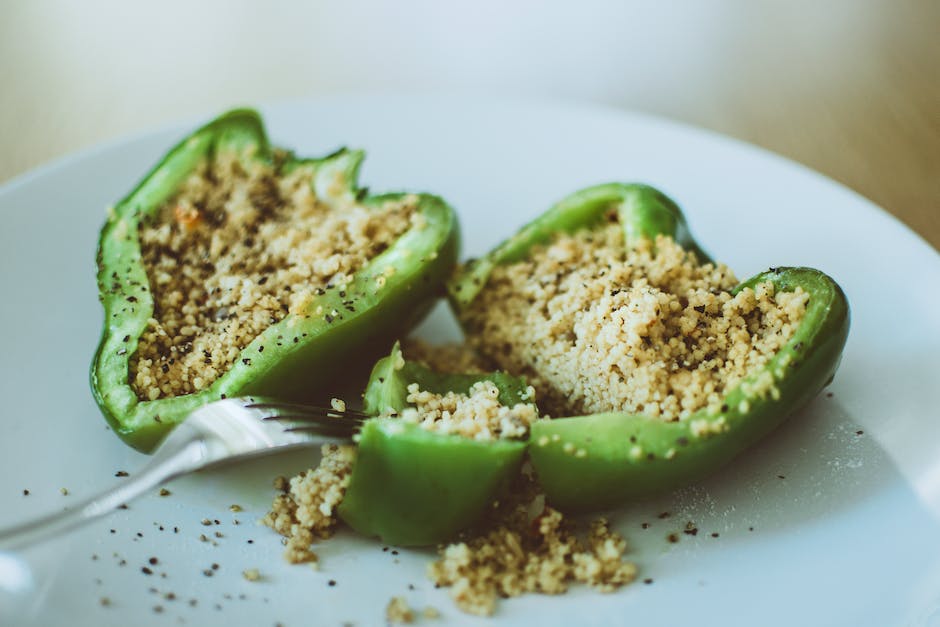The Pros and Cons of Eating Popcorn: Is it a Healthy Snack?
Exploring the Benefits and Drawbacks of Snacking on Popcorn
Popcorn is a popular snack enjoyed by people of all ages. Whether it's at the movies, during a cozy movie night at home, or as a quick snack, popcorn is a versatile and tasty treat. However, like most foods, popcorn comes with its own set of advantages and disadvantages. In this article, we'll delve into the benefits and drawbacks of eating popcorn, exploring its impact on health, nutrition, and lifestyle.
From its high-fiber content to its potential negative effects on dental health, the debate about the healthiness of popcorn continues. Let's take a closer look at the pros and cons of this beloved snack to help you make informed choices about including it in your diet.
Pros
While often associated with movie theaters and leisure time, popcorn possesses several surprising health benefits that may encourage you to reach for a bowl of this crunchy snack. From being a whole grain to providing essential nutrients, the advantages of eating popcorn go beyond taste.
High in Fiber
Popcorn is a whole grain, and as such, it is high in fiber. Fiber is essential for digestive health and can help in maintaining a healthy weight. Consuming foods high in fiber can also reduce the risk of developing various diseases, making popcorn a beneficial addition to a balanced diet.
Antioxidants Content
Surprisingly, popcorn contains a notable amount of antioxidants. These compounds help protect the body from damage caused by free radicals and may play a role in reducing the risk of chronic diseases. The presence of polyphenols in popcorn makes it a valuable source of antioxidants.
Low in Calories
When prepared without excessive amounts of butter or oil, popcorn can be a low-calorie snack. It can satisfy hunger pangs without contributing significantly to daily calorie intake, making it a suitable choice for those looking to manage their weight.
Gluten-Free and Whole Grain
For individuals with gluten sensitivities or those seeking whole grain options, popcorn serves as a gluten-free and whole grain snack. This makes it suitable for inclusion in various dietary regimens, expanding the snack choices for those with specific nutritional needs.
Satiety and Portion Control
The volume of popcorn produced from a small amount of kernels can provide a feeling of fullness, promoting satiety. Proper portion control when consuming popcorn can help prevent overeating and contribute to weight management efforts.
Variety of Flavors
One advantage of eating popcorn is the wide variety of flavors available, from classic butter and salt to more adventurous options like dill pickle or caramel. This allows individuals to satisfy their cravings and preferences, making popcorn a versatile and enjoyable snack.
Quick and Convenient
Popcorn is a quick and convenient snack option, especially with the availability of microwave popcorn bags. It is easy to prepare and can be enjoyed at home, in theaters, or on the go, providing a convenient snack for busy schedules or leisure activities.
Missing a pro?
Let us know which pro you are missing!
Cons
Despite its appeal as a convenient and tasty snack, popcorn is not without its downsides. It's important to be aware of the potential disadvantages associated with consuming popcorn, especially in large quantities or in certain circumstances.
Dental Health Concerns
The hulls of popcorn kernels can pose a risk to dental health. Biting into unpopped kernels or accidentally chewing on hard pieces can lead to tooth damage. Additionally, the sugary or sticky coatings on some popcorn varieties can increase the likelihood of dental issues.
Caloric Additions from Toppings
Many commercially available popcorn products are loaded with butter, sugar, and salt, significantly increasing their calorie and sodium content. Consuming popcorn with excessive toppings regularly can contribute to weight gain and negatively impact heart health.
Potential for Choking
Due to its lightweight and airy texture, popcorn can be inhaled into the lungs and pose a choking hazard, especially for young children and older adults. Care should be taken to ensure that popcorn is chewed thoroughly before swallowing.
Quality of Ingredients
Some pre-packaged or microwave popcorn products contain added preservatives, artificial flavors, and unhealthy fats. Consuming these varieties regularly can expose individuals to potentially harmful chemicals and ingredients that may have long-term health implications.
Potential for Unhealthy Additives
One disadvantage of consuming popcorn is the potential for unhealthy additives in certain commercially available microwave popcorn products. Some brands may contain high levels of sodium, artificial flavors, or trans fats, which can be detrimental to overall health if consumed regularly.
Allergic Reactions
An important disadvantage to consider is the possibility of allergic reactions to corn. Individuals with corn allergies should exercise caution when consuming popcorn, as it may lead to adverse effects such as digestive issues, skin reactions, or respiratory problems.
Missing a con?
Let us know which con you are missing!
Conclusion
In conclusion, while popcorn offers numerous benefits such as being a whole grain, low in calories, and high in fiber, it is essential to consume it in moderation and be mindful of how it is prepared and seasoned. By being aware of the potential dental, nutritional, and safety concerns associated with popcorn consumption, individuals can make informed decisions about including it in their diet.
What do you think?
Do you think the pros outweigh the cons?








